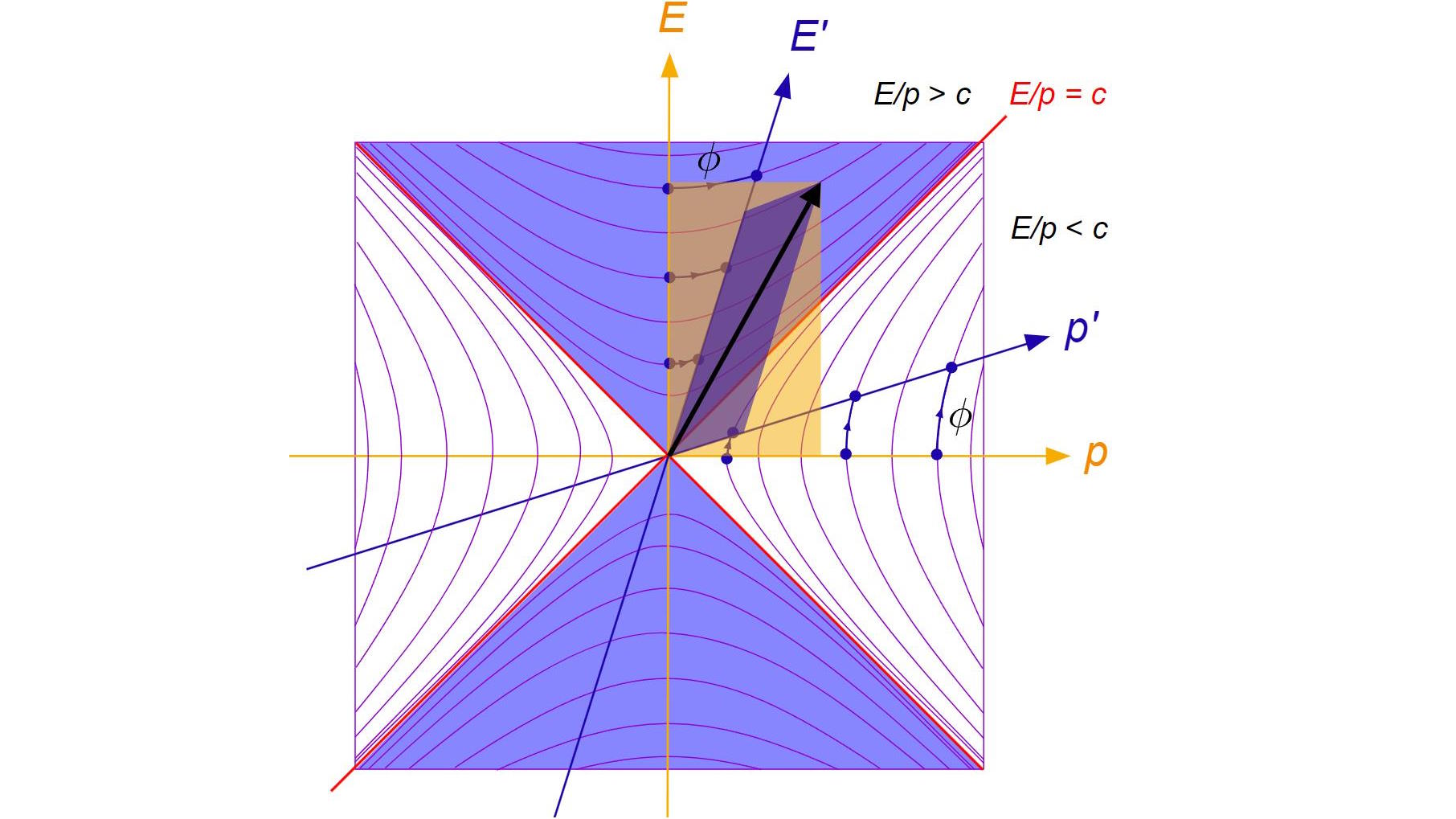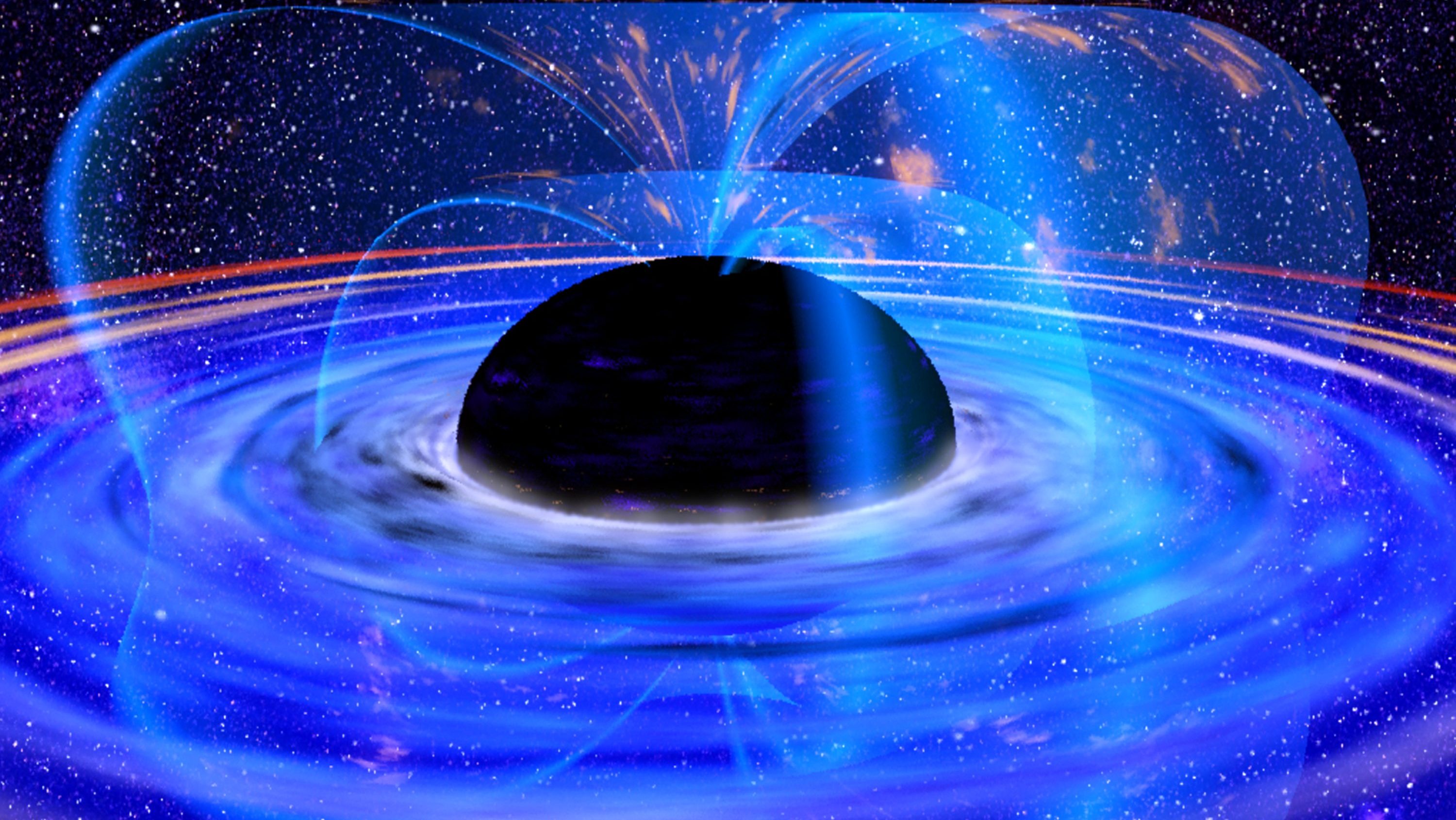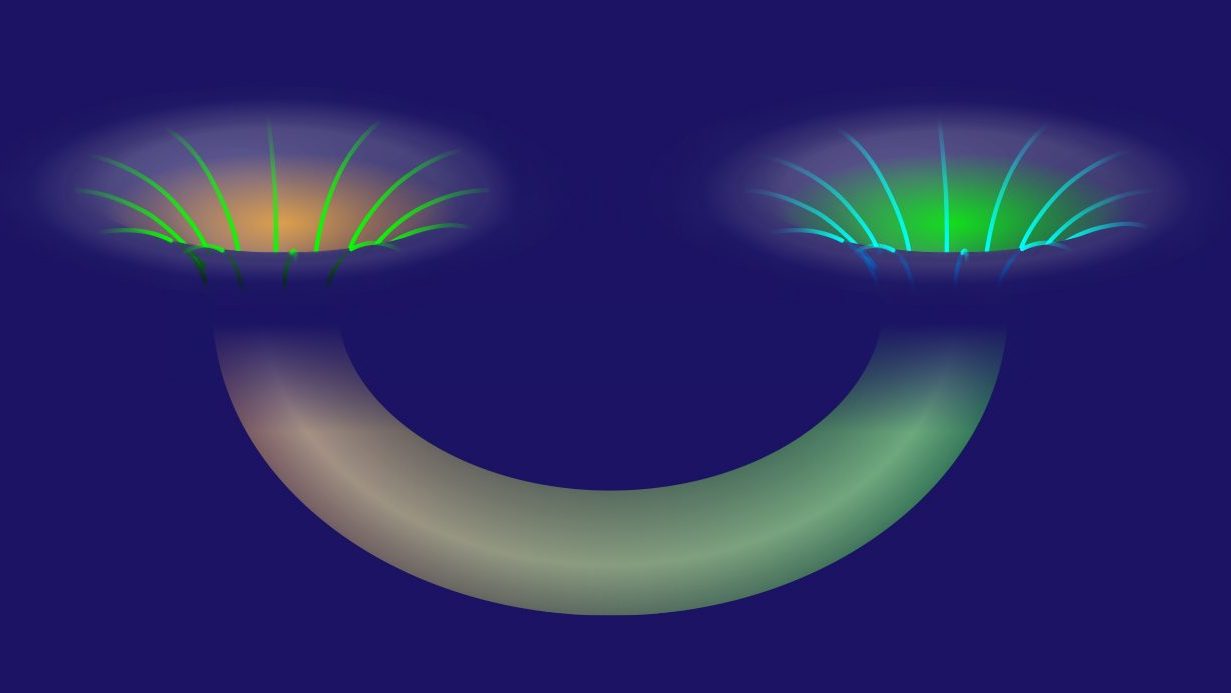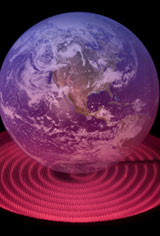“The Theory Was Almost Smarter Than We Were”
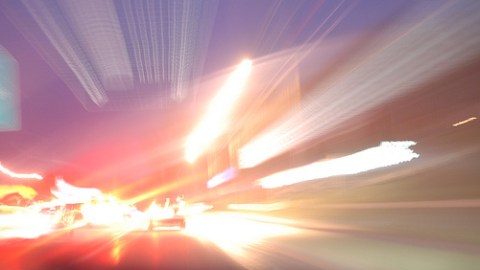
Physics is a process of rigorous, exhausting intellectual inquiry, but it does offer occasional moments that are “kind of fun.” For Harvard’s Lisa Randall, one such moment came when she and a colleague worked out the possibility of an infinite extra dimension. “People had actually thought there were theorems that [said] you couldn’t have” such a thing, she remembers, but there was no mistaking the implications of her equations: the impossible was possible.
In her second conversation with Big Think, Randall addresses various new developments that have taken place in particle physics since her previous interview in 2008, most notably the activation of the Large Hadron Collider (LHC) in Switzerland. Touching on some of the largest unresolved mysteries in her field, she ticks off a list of questions to which the LHC may provide long-awaited answers, including: where do the masses of elementary particles come from? Why aren’t those masses much bigger? And in a related problem, why is gravity so weak?
